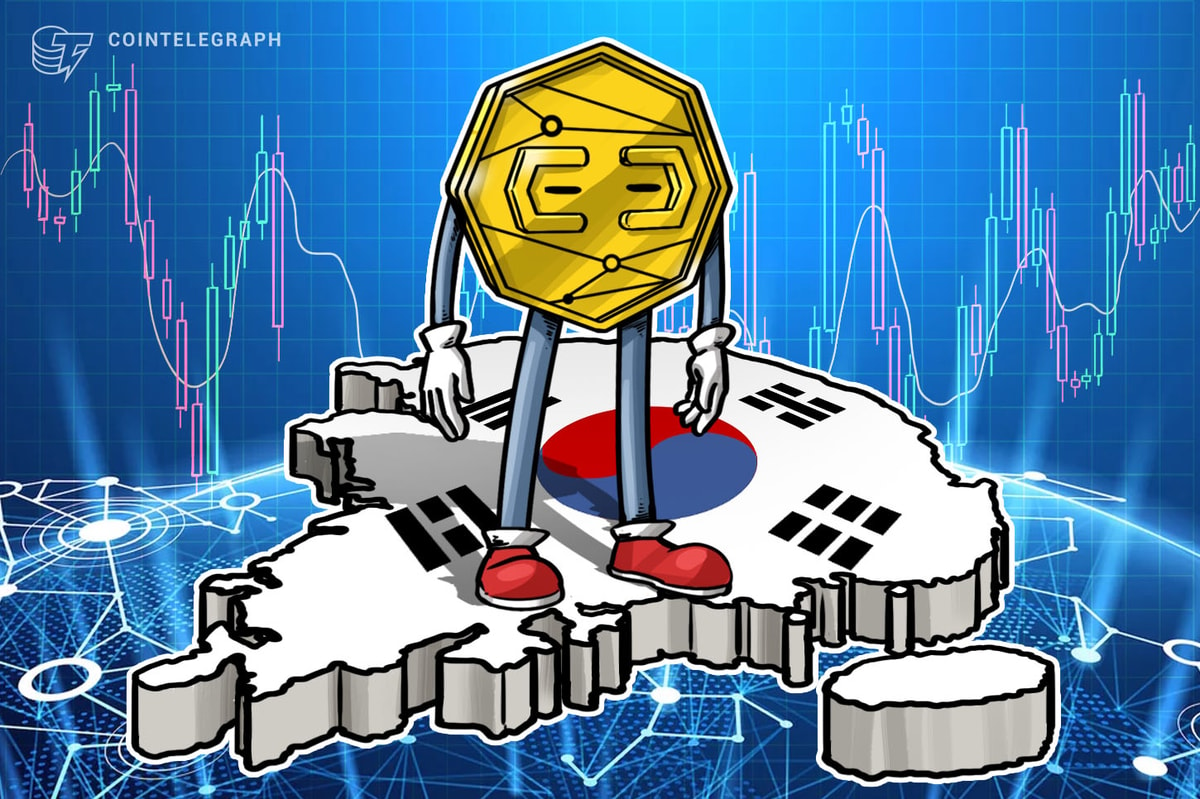According to a recent report by Chainalysis, South Korea’s cryptocurrency market is witnessing a spark of growth, primarily driven by the rise in the Korea Premium Index.
The report highlights that local demand, institutional trading, and unique market conditions in the country are causing crypto prices on local exchanges to exceed global averages.
The Korea Premium Index measures the price difference for cryptocurrencies like Bitcoin (BTC), Ether (ETH), and altcoins between South Korean exchanges and global markets.
Chart depicting the Korea Premium Index change since July 2022. Source: CryptoQuant
Related: South Korea to inspect crypto exchanges for suspicious transactions
Growth of local demand
The Chainalysis report notes a sharp increase in the Korea Premium Index, illustrated by the “extent to which South Korean traders are paying above-market prices” for digital assets.
The premium is historically at its highest during market uncertainty and turbulence, spurring retail and institutional investors to capitalize on opportunities for potential gains.
The report further highlights that “South Koreans often use local exchanges” for fund management and that the volume transferred from local to global exchanges is “highly correlated” with the premium.
Related: South Korea joins global crackdown on Telegram, cites deepfakes
Institutional factors and implications
The report discusses institutional investors in detail and reveals that they are fueling the Korea Premium Index through large-scale transactions.
“Institutional activity is a significant driver of the price discrepancies.”
Institutional participants control and shift a significant portion of the market’s transactional volume, increasing the premium on local exchanges even further.
According to the report, this premium increase occurs as institutional investors engage in arbitrage opportunities, purchasing crypto at lower prices from global exchanges to sell on South Korean platforms.
Chart depicting Transfer volume differences between retail, professional and institutional investors. Source: Chainalysis
Related: ‘Google of South Korea’ launches crypto wallet for 33M users
South Korean crypto employees earn more than banks
A report released by the Financial Supervisory Service (FSS) revealed that the average salary of Dunamu employees outperformed the salaries of major bank employees.
Dunamu employees and executives, the Upbit cryptocurrency exchange operator, received an average of 133.73 million South Korean won (roughly $99,500) per year.
The comparison to employees of major banks like KB Kookmin Bank, Hana Bank, Woori Bank, and Shinhan Bank was stark, earning an average of 116 million won (roughly $86,700).
Magazine: Proposed change could save Ethereum from L2 ‘roadmap to hell’








